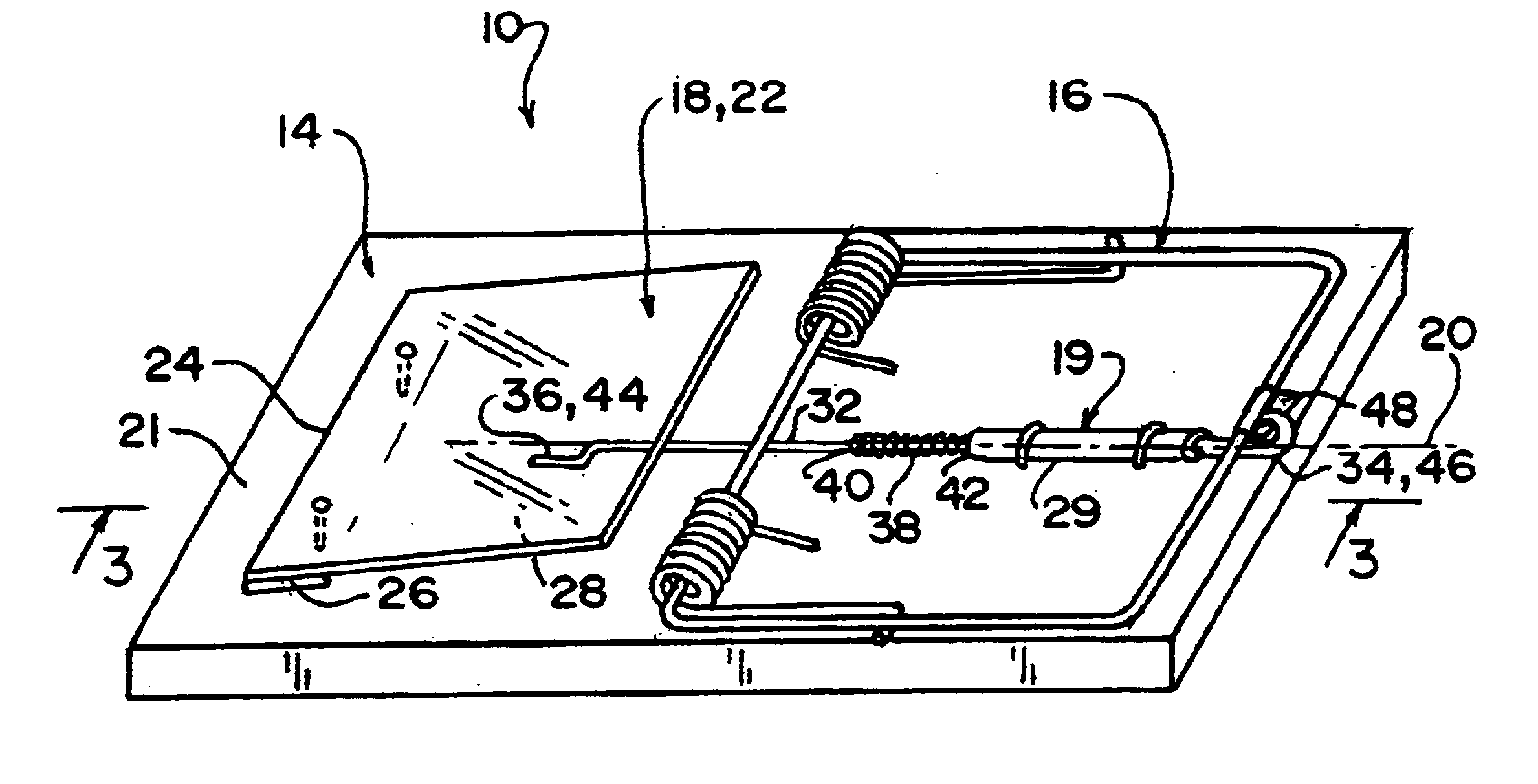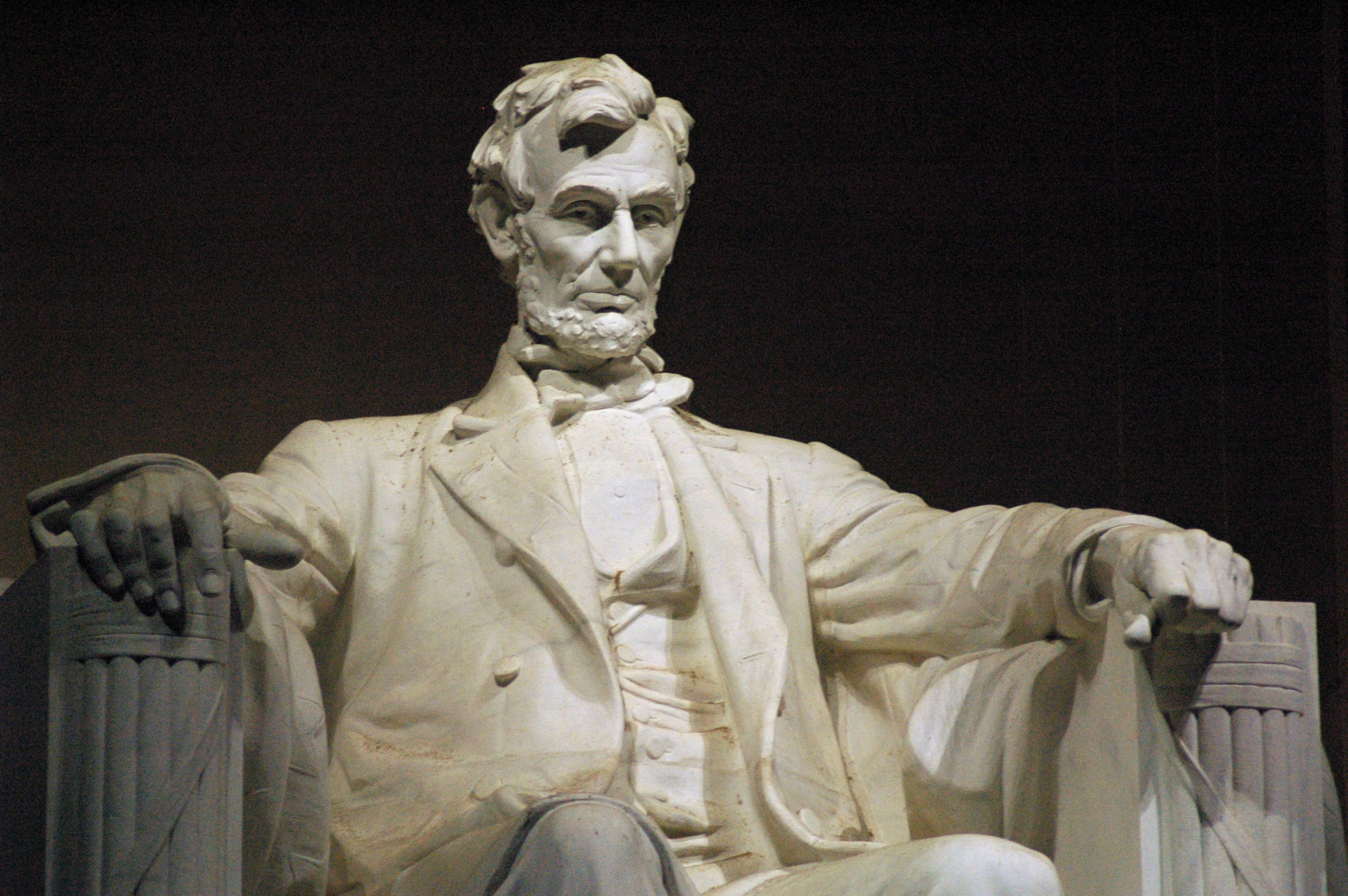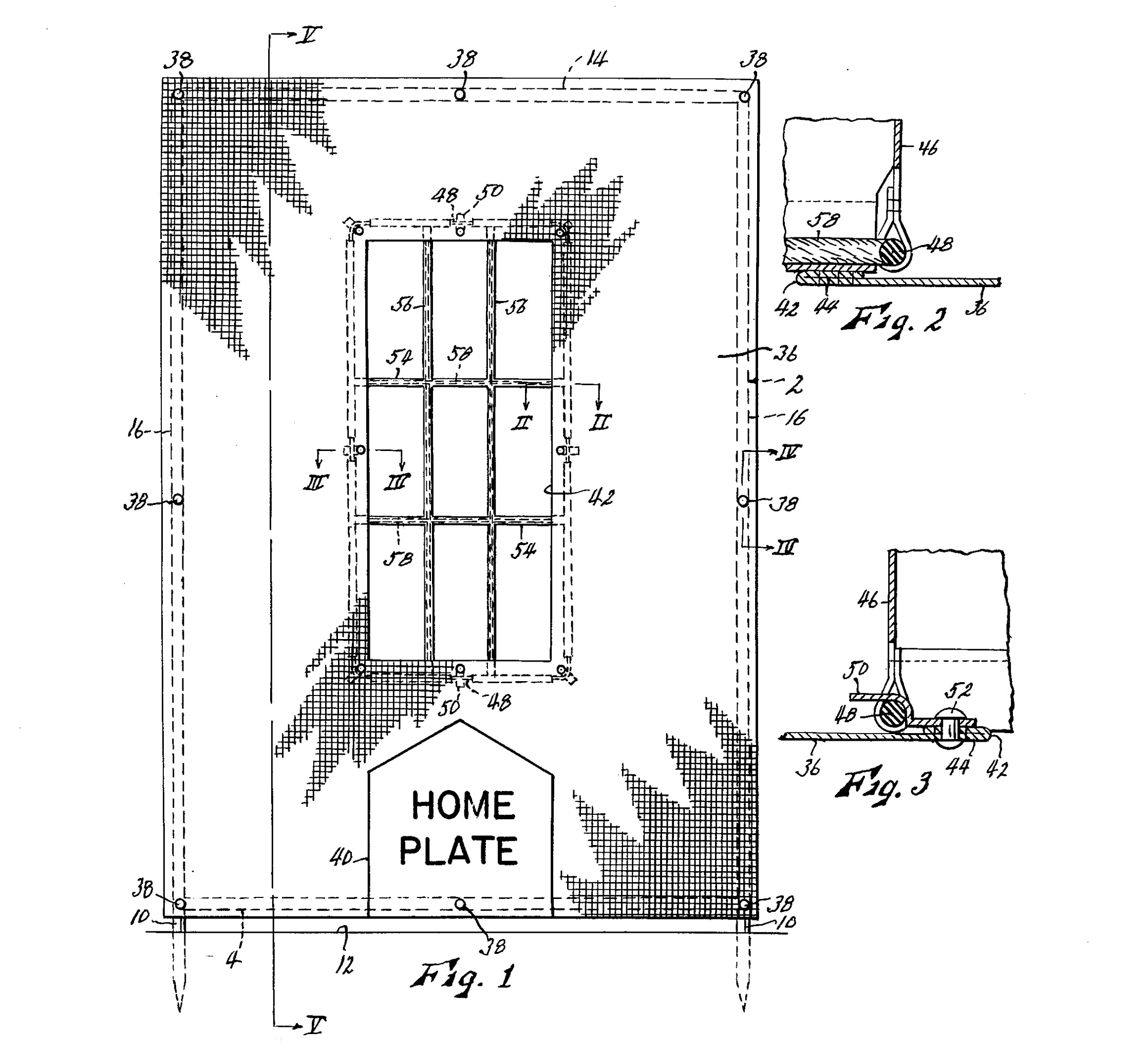Last year, the federal government issued more than 50,000 patents, granting inventors the right, for 17 years, to exclude all others from making, using, or selling their inventions within the United States. But — as many inventors have found out after an average two-year wait and about $1,200 in legal and other fees — patents may be worth no more than
ISAAC MENDELOVICH KNOWS WELL THE ROAD from center city to Crystal City — a three-hour trek southward to a place just outside of Washington where modern-day prospectors, squinting at computer terminals, spend their days digging for the mother lode. But in Crystal City, where block-long, seven-foot-high stacks of documents chronicle past finds and near misses, there is an ironic
The patent system,” Abraham Lincoln once said, “added the fuel of interest to the fire of genius.” And Lincoln was in a position to know — in 1849, he had patented a device for buoying ships over shoals, an invention he thought might revolutionize shipping on the nation’s inland waterways. It didn’t. Lincoln’s invention was never manufactured, a fate
IF PAUL SPLITTORFF GETS SMART and teams up with George H. Playter, Jr., the Kansas City Royals just might have themselves a Cy Young Award winner next season. No, George Playter is not a promising catcher in the Royals’ farm system, nor is he the pitching coach who taught Fernando Valenzuela the screwball. In fact, George Playter isn’t in the




